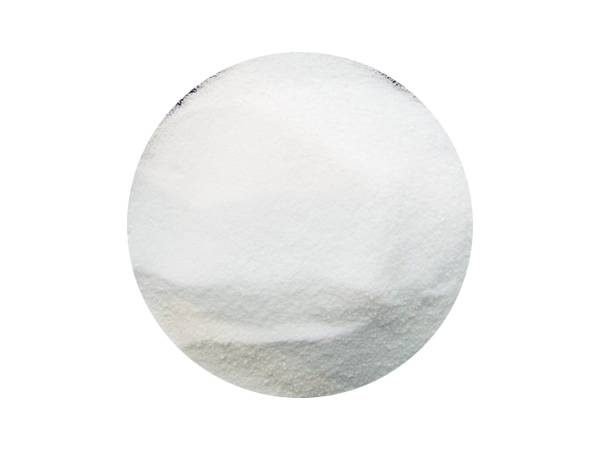



Silicon Carbide Crucibles for High-Temperature Applications and Enhanced Thermal Conductivity
The Importance of Silicon Carbide Crucibles in High-Temperature Applications
Silicon carbide (SiC) crucibles have emerged as a pivotal component in various high-temperature applications due to their superior thermal stability, chemical resistance, and remarkable mechanical properties. These crucibles are predominantly used in industries such as metal casting, semiconductor manufacturing, and in laboratories for high-temperature experiments. Their unique characteristics make them an ideal choice for applications where traditional materials would rapidly degrade or fail.
Properties of Silicon Carbide
At the heart of silicon carbide crucibles' effectiveness is the material's exceptional properties. Silicon carbide is known for its high melting point, typically around 2,700°C (4,892°F). This makes SiC crucibles suitable for handling molten metals and other materials at extreme temperatures. Additionally, SiC exhibits excellent thermal conductivity, which ensures uniform temperature distribution throughout the crucible. This is crucial for processes like metal melting and casting, where temperature control is vital for product quality.
Another remarkable feature of silicon carbide is its outstanding chemical resistance. Unlike traditional crucibles made from materials like clay or graphite, SiC can withstand interactions with a variety of chemicals, including molten metals, fluxes, and several corrosive substances. This resilience enhances the crucible's longevity and reliability, reducing the frequency of replacements and maintenance costs.
Advantages Over Traditional Materials
When compared to conventional crucibles, such as those made from clay graphite or aluminum oxide, silicon carbide stands out in several ways. Traditional materials may become brittle or degrade under extreme conditions, leading to contamination of the product and safety hazards. In contrast, SiC crucibles retain their structural integrity at high temperatures, maintaining their shape and preventing unwanted chemical reactions.
silicon carbide crucibles

Additionally, silicon carbide crucibles are lightweight yet incredibly strong. Their ability to endure thermal shocks makes them an excellent option for processes that involve sudden changes in temperature, reducing the risk of cracking or breaking. This feature is particularly beneficial in industrial settings where efficiency and reliability are paramount.
Applications in Industry
In the metal casting industry, silicon carbide crucibles play a crucial role in melting various metals, including aluminum, brass, and precious metals like gold and silver. Their ability to handle high temperatures without degradation ensures that metal properties are preserved, which is essential for producing high-quality castings.
In the semiconductor industry, SiC crucibles are utilized for growing single crystals and for various processes such as Czochralski growth. The high purity and chemical resistance of silicon carbide are pivotal in ensuring that the final products are free from contamination, which can adversely affect electronic properties.
Laboratories also benefit from the use of silicon carbide crucibles, particularly in high-temperature experiments involving chemical reactions, sintering, and materials testing. The durability of SiC allows researchers to conduct a wider range of experiments without the worry of crucible failure.
Conclusion
Silicon carbide crucibles have become indispensable in various high-temperature applications due to their unique properties and advantages over traditional materials. Their high melting point, excellent thermal conductivity, and chemical resistance ensure that they can withstand the extreme conditions encountered in metal casting, semiconductor manufacturing, and laboratory experiments. As industries continue to demand materials that can perform reliably under harsh conditions, the role of silicon carbide crucibles is likely to expand, solidifying their status as a cornerstone in modern manufacturing and research environments. Their ongoing development and optimization will pave the way for even more efficient and sustainable practices across various sectors.
-
Why Sodium Persulfate Is Everywhere NowNewsJul.07,2025
-
Why Polyacrylamide Is in High DemandNewsJul.07,2025
-
Understanding Paint Chemicals and Their ApplicationsNewsJul.07,2025
-
Smart Use Of Mining ChemicalsNewsJul.07,2025
-
Practical Uses of Potassium MonopersulfateNewsJul.07,2025
-
Agrochemicals In Real FarmingNewsJul.07,2025
-
Sodium Chlorite Hot UsesNewsJul.01,2025










